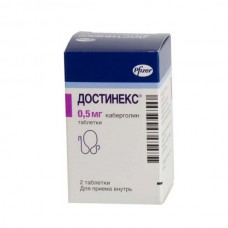Antiparkinsonian

This pharmacological group includes drugs that have the ability to eliminate or alleviate the symptoms of Parkinson's disease (hereditary chronic progressive, degenerative disease) and Parkinsonian syndrome. The latter can be caused by various lesions of the CNS (infection, intoxication, trauma, atherosclerosis of cerebral vessels, etc.), as well as the use of certain drugs, including neuroleptics, calcium antagonists, etc.
The pathogenesis of Parkinson's disease and its sindromalnah forms remains unclear. However, it is established that these States are accompanied by the degeneration of nigrostriatal dopaminergic neurons and/or a decrease in the content of dopamine striopallidarnoy system. Deficiency of dopamine leads to increased activity of cholinergic interneurons and, as a consequence, the development imbalances of neurotransmitter systems. An imbalance between cholinergic and dofaminergicheskoy neyrotransmissiey manifests with hypokinesia (stiffness of movement), rigidity (expressed gipertonus skeletal muscles) and rest tremor (constant involuntary trembling of the fingers, hands, head, etc.). In addition, patients develop postural disorders, increased salivation, sweating and secretion of the sebaceous glands, there is irritability and tearfulness.
The goal of pharmacotherapy of Parkinson's disease and its sindromalnah forms is the restoration of the balance between cholinergic and dofaminergicheskoy neyrotransmissiey, namely: increased dopaminergic function or suppression of cholinergic hyperactivity.

